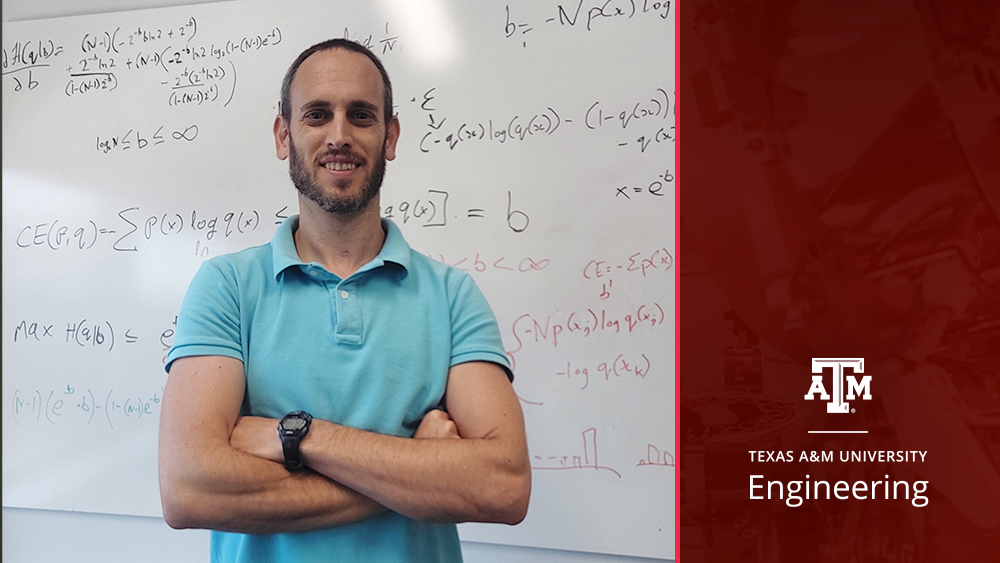
Dr. Guni Sharon, an assistant professor in the Department of Computer Science and Engineering at Texas A&M University, has been awarded a grant from the National Science Foundation’s Faculty Early Career Development Program (CAREER). Sharon will use the funding to improve the applicability of machine learning by studying and developing algorithmic combinations of supervised and reinforcement learning.
“Through my research, I hope to improve machine performance in safety-critical domains,” Sharon said. “Many safety-critical domains, such as traffic signal controls or autonomous vehicles, can be improved with the use of machine learning.”
To improve the functionality of controllers based on machine learning, Sharon plans to use imitation learning and reinforcement learning techniques.
“If we look at traffic signals as an example, there’s no room for error,” Sharon said. “If we implemented a reinforcement learning controller for traffic signals and improved performance 364 days per year, but failed just 1 day, that would still be an overall failure. In safety-critical domains, we must be confident that performance failures will not occur.”
Sharon will use the CAREER grant to conduct the research in his lab, Pi Star. He will also develop interdisciplinary partnerships across the College of Engineering, the university, and the community.
“I would like to create an interdisciplinary team of engineers,” he said. “Civil engineers focusing on traffic, electrical engineers helping with communication and infrastructure, mechanical engineers working with vehicle control and computer scientists assisting with the machine learning aspects.”
Sharon will also partner with Dr. Korok Ray, director of the Mays Innovation Research Center and the Southwest Innovation Research Lab, to educate students about machine learning and the opportunities in the field.
“The broader impact of my research is to allow machine learning to safely and effectively learn from, and outperform existing controllers,” Sharon said. “This grant will help us to develop solutions that will allow full utilization of reinforcement learning in real-world, safety-critical domains.”